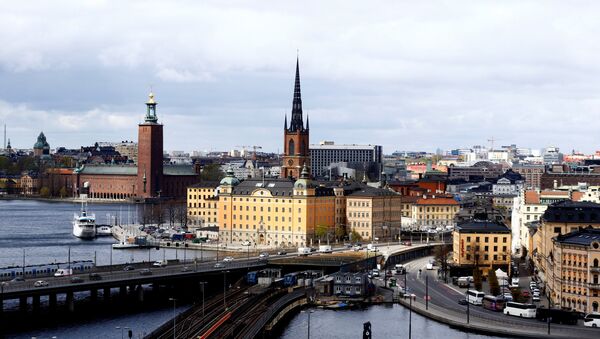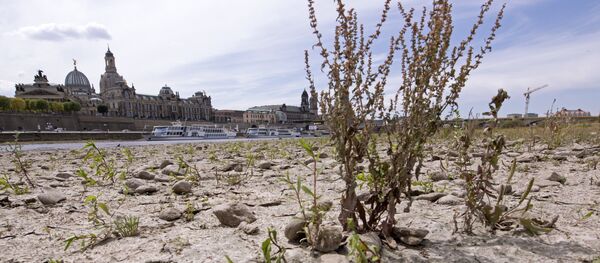"If the temperature goes very high, that can affect the operation of the plant, which generally means that the plant has to operate at a lower power level. But in some very extreme cases, the plants might need to be shut down for a while. I think that’s what happened with some of the Swedish plants. That being said, this doesn’t happen very often and when it does happen, it is normally a very short-lived situation that does not create huge problems," Magwood said.
"For nuclear power plants located in areas where extremely high temperatures happen more often, it might be worth considering investing in extra equipment to cope with the very high water temperatures," the agency head noted.
READ MORE: 'US Creating Huge Amount of Antagonism Toward Itself in Iran' — Prof
"Swedish energy policy does not include the construction of more nuclear power plants, but envisages the continued operation the existing plants through the end of their operational lives within the 2040 time frame," Magwood said.
Over the summer, Sweden experienced unusually hot weather that caused the temperature of the seawater used to cool nuclear reactors to increase significantly. The heatwave forced several Swedish nuclear reactors either to shut down completely or reduce power production levels.
As a result, on Monday, the country’s nuclear energy regulator SSM asked plant operators to put forward plans on how to prevent such situations by the end of the year.
READ MORE: Russia May Help South Korea to Build Nuclear Reactor for Maritime Vessels
The country’s nuclear power plants closures may be canceled due to the lack of certainty of how to replace their power supply with renewables amid the increasing energy demand in Sweden.





